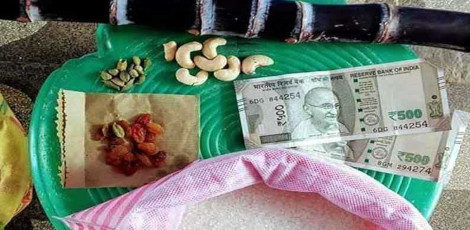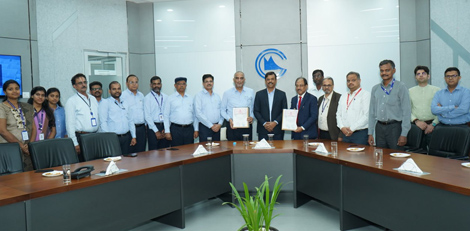Leg pain or muscle cramps? It could be symptoms of deep vein thrombosis
Posted on: 23/Oct/2020 9:21:14 AM

by Dr. Narendra Kumar Reddy G, Senior Consultant -Vascular Surgery, Columbia Asia Hospital Whitefield
Pain in the legs or muscle cramps are usually ignored or shrugged off without a second thought. If the pain persists for a longer time then one normally chooses the easily available solutions like massages, icepacks, balms or even pain killers. Although, the muscle cramp or leg pain is common among people who are involved in stressful physical activities or sports, it usually gets overlooked. Few may visit the doctor when the discomfort increases or the pain becomes unbearable.
Leg pain, muscle pull or swelling in the leg can be an indicator of more serious underlying vein problems – DVT or deep vein thrombosis. DVT can be life-threatening if it is not detected and treated in the initial stage.
What is DVT?
DVT refers to clots that form deep inside your veins – usually the veins in th leg. These clots can cause pain and other symptoms; but if they break free, they can travel through your bloodstream to the arteries near the heart and lungs and can block critical blood flow. While DVT can occur in other parts of the body, it is most likely to happen in the lower legs, thighs and pelvis.
Signs of Deep Vein Thrombosis
Not everyone with DVT shows up symptoms. But here are some of the signs one might notice:
- Persons with DVT show enlarged veins
- Sudden swelling of legs or arms
- Skin over the affected area might turn blue or red
- The skin on the affected area might feel warmer than the other areas
- When you get ready to stand and walk, you can feel pain or soreness
- Prolonged pain or muscle pull
In most of the cases people may not realize that they have DVT until they face a more serious condition like Pulmonary Embolism wherein blood clot breaks free, moves through the bloodstream and ending up in a blood vessel of the lungs. This can be fatal and some of the signs of pulmonary embolism are high heart rate, chest pain, shortness of breath and coughing up blood.
What causes DVT?
- Sitting for long hours
- Pregnancy
- Obesity
- Varicose veins
- Trauma or bone fracture
- Cancer
- Birth control pills
- Surgery in the hip, abdomen or leg
How is DVT treated?
Treatment involves the prevention of blood clots from getting bigger and breaking away and progressing towards the lungs.
The risk of DVT can be reduced by simple lififestyle modifications. When at office or while traveling, ensure that you do not sit for long hours. Take frequent breaks every two hours and stretch your lower leg muscles. Avoid tight fitting clothes. Be active and exercise regularly and don’t miss your routine health check-up.







